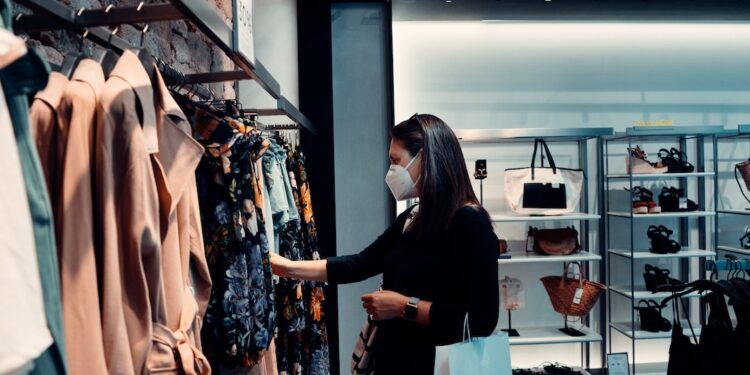In today’s digitally-driven world, influencer marketing has emerged as a powerful tool for retailers to connect with their target audience. With the rise of social media platforms and the increasing popularity of online shopping, influencer marketing has made a significant impact on the retail industry. This blog post aims to delve into the various ways in which influencer marketing has transformed the retail industry and its future implications.
To begin with, influencer marketing has completely revolutionized the way retailers promote their products or services. Traditional advertising methods such as TV commercials or billboards no longer hold the same influence over consumers as they once did. In this new era of social media, consumers are more likely to trust the opinions and recommendations of individuals they admire and relate to, rather than traditional advertising messages. By collaborating with influencers who have a substantial and engaged following, retailers are able to tap into a highly targeted audience, resulting in increased brand exposure and product visibility.
Moreover, influencers possess the ability to create authentic and relatable content that resonates with their followers. Unlike celebrities or models in traditional advertisements, influencers are seen as more approachable and trustworthy, making their recommendations feel genuine and believable. By partnering with influencers, retailers can leverage their creativity and ability to tell compelling stories about their products, ultimately influencing consumer purchasing decisions. This is especially true in the retail industry, where consumers often seek out personal recommendations and reviews before making a purchase.
Additionally, influencer marketing has also facilitated the rise of user-generated content (UGC) in the retail industry. UGC refers to content created by consumers, such as reviews, testimonials, or social media posts, that showcases their experience with a product or brand. As influencers share their experiences with products, their followers are more likely to do the same, leading to a ripple effect of UGC. This UGC not only serves as valuable word-of-mouth advertising but also provides retailers with a steady stream of authentic and relatable content that can be repurposed across various marketing channels.
Furthermore, influencer marketing has allowed retailers to directly track the ROI (Return on Investment) of their marketing efforts. With the help of digital analytics tools and affiliate marketing programs, retailers can measure the impact of influencer collaborations in terms of website traffic, sales conversions, and social media engagement. This level of transparency and data-driven decision-making was not possible with traditional advertising methods, where determining the success of a campaign was often based on estimations and assumptions. This aspect has made influencer marketing an attractive option for retailers, as they can effectively allocate their marketing budget and optimize their strategies based on concrete data.
Looking ahead, the future of influencer marketing in the retail industry seems promising. With advancements in technology and the constant evolution of social media platforms, influencers will continue to hold a significant role in shaping consumer behavior and influencing purchasing decisions. However, it is important for both retailers and influencers to navigate this landscape responsibly and ethically. As the popularity of influencer marketing grows, there is an increasing need for transparency and authenticity. Regulations and guidelines are being put in place to address issues such as paid partnerships, sponsored content, and the disclosure of relationships between influencers and brands. Adhering to these guidelines will help maintain trust between influencers, retailers, and consumers, ensuring the long-term viability and success of influencer marketing.
In conclusion, the impact of influencer marketing on the retail industry is undeniable. From transforming the way retailers promote their products to creating authentic and relatable content, influencers have revolutionized the retail landscape. By leveraging influencers’ credibility, retailers can effectively connect with their target audience, leading to increased brand exposure and ultimately driving sales. As the retail industry continues to evolve, influencer marketing will undoubtedly play a crucial role in shaping consumer behavior and influencing purchasing decisions.















